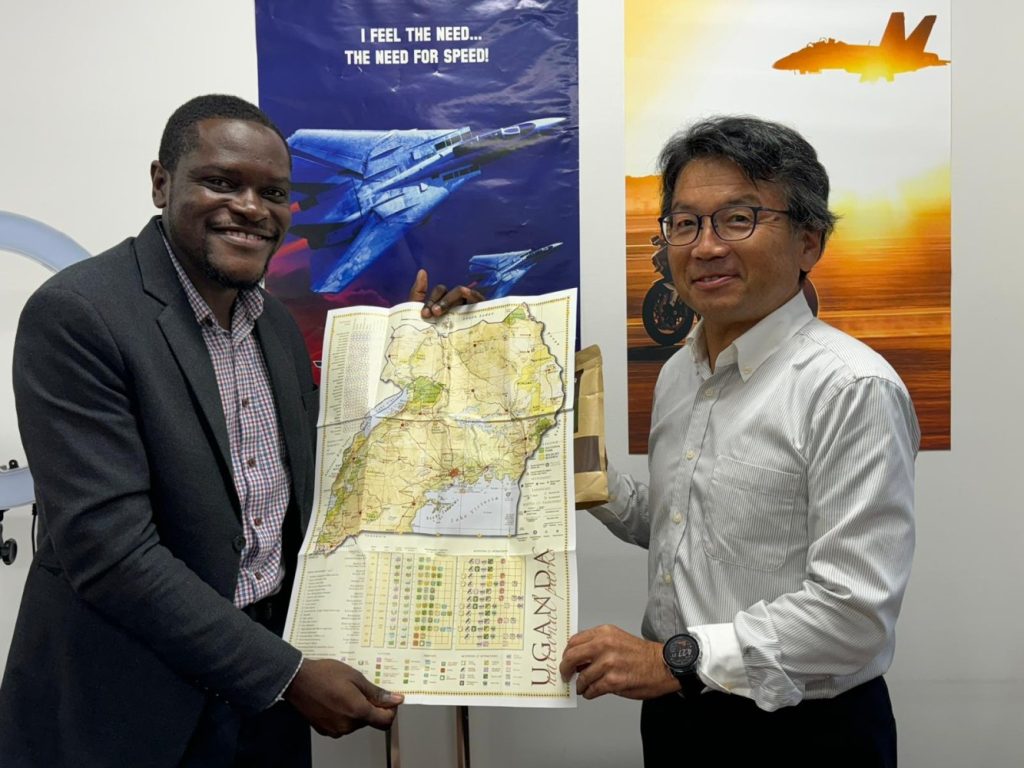Through the UJ Connect Project, Uganda’s young software developers are gaining the skills and global opportunities to shape the country’s digital future.
In an era where digital skills in Uganda are becoming essential for economic growth, the demand for industry-ready software developers is higher than ever. The Ministry of ICT and National Guidance, in collaboration with JICA, is working to close the gap between talent and industry through the UJ Connect Project.
Refactory Academy is a beneficiary and one of the leading software developer training institution in Uganda, committed to producing tech talent that is not only technically skilled but also prepared to work in real-world, fast-paced environments. The academy equips young Ugandans with practical skills in coding, problem-solving, teamwork, and adaptability, ensuring they are ready to deliver impactful digital solutions.
“Our mission goes beyond classroom training,” explains Ivan Koreta, Apprenticeship Lead at Refactory. “We are actively connecting our graduates with companies; locally, regionally, and globally so that their skills can directly address industry needs.”
The UJ Connect Project provided a unique platform for Refactory to demonstrate its innovative training model. Many Ugandan companies struggle to find developers who can deliver high-quality, market-fit products, while at the same time, many trained developers find it difficult to connect with employers who need their expertise.
Refactory is currently bridging this divide by serving as a link between businesses seeking tech solutions and a pool of highly trained, industry-ready developers.
While Uganda’s tech ecosystem is growing, the local market cannot absorb all of the country’s talented developers. Through the UJ Connect Project, Refactory accessed global opportunities, especially in Japan, where demand for skilled software developers is high and outsourcing is a key strategy.
“Our graduates showed they could take projects from idea to completion, building products fit for both local and global markets,” Koreta says. “Japanese companies recognized our model as a solution to their business needs.”
The National ICT Innovation Hub plays a vital role in supporting Uganda’s digital transformation. By providing modern workspaces, high-speed internet, access to digital tools, and collaboration opportunities, the Hub creates an enabling environment for innovators and software developers to bring their ideas to life.
“It’s one thing to have skills as a developer, but it’s another to have access to infrastructure, mentorship, and a community that supports innovation,” Koreta notes.
With hubs in Kampala, Soroti, and Western Uganda, the Innovation Hub is making these resources accessible to young people across the country, empowering them to join the global tech workforce.
Looking ahead, Refactory aims to leverage the Innovation Hub’s national reach to equip more young Ugandans with digital skills that will enable them to thrive in the future of work in technology.
“The future is digital,” says Koreta. “We must empower a generation of Ugandans with the right skills to innovate, compete, and lead in the global tech economy.”
Through strategic partnerships like this, the UJ Connect Project, Uganda, is a rising player in the global technology sector where young innovators can create solutions, access international markets, and transform the country’s digital economy.
By Winfred Nankanja
Communications and PR Associate
National ICT Innovation Hub
